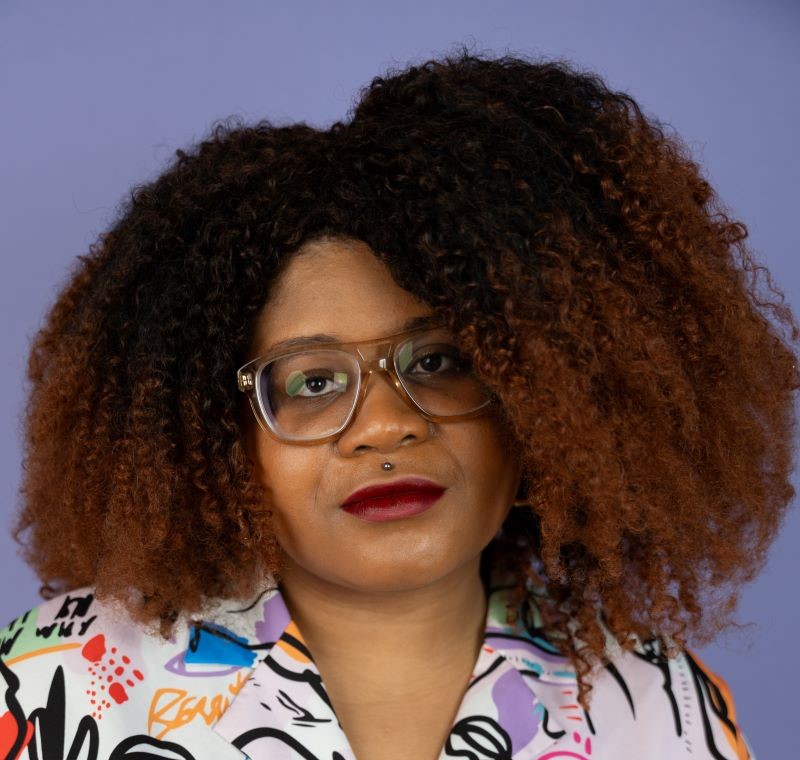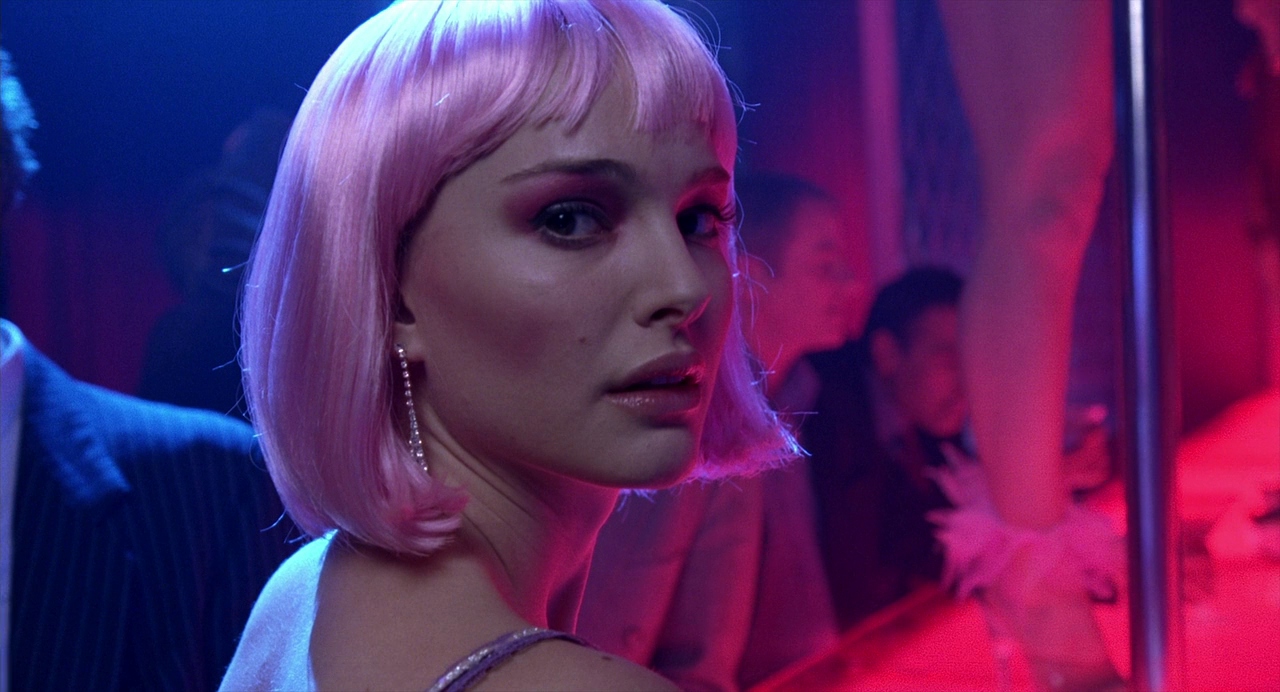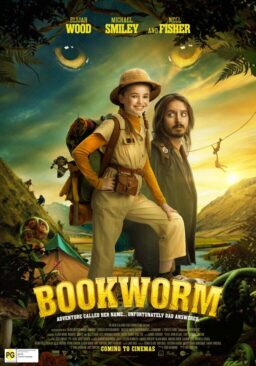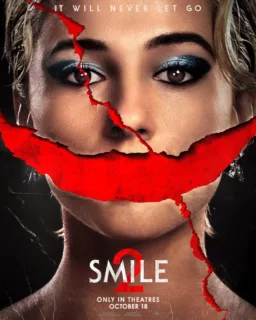In the mid-2000s, when adult dramas still reigned supreme, director Mike Nichols decided to adapt another play. Back in 1966, he began his career as a Hollywood director with a critically acclaimed adaptation of Edward Albee's "Who's Afraid of Virginia Woolf?" In the time since, he had adapted multiple books, ranging from Charles Webb's "The Graduate" to the Carrie Fisher memoir "Postcards from the Edge." Throughout his filmography, Nichols has focused on performance over presentation, with character-driven stories and large amounts of dialogue. It's no wonder, as he began in the theater and returned to his roots for his penultimate feature. "Closer" shares most of its DNA with "Who's Afraid of Virginia Woolf?" and 1971's "Carnal Knowledge" with a slightly more contemporary outlook on gender politics and a broader focus on love and the many forms it takes.
With "Closer," Nichols crafts a romantic drama with a sharp sense of humor and a dark view of the world. It's the story of four people who can't seem to stop hurting each other. There's Dan (Jude Law), the romantic writer who suffers from crippling jealousy. Larry (Clive Owen) is rugged and boorish, despite being a respected doctor. Anna (Julia Roberts) is a world-weary photographer who secretly craves romance. And then there's Alice (Natalie Portman), a young stripper who lives for love and not much else. The story begins with her meet-cute with Dan, a perfectly cinematic moment that feels too good to be true: they see each other on the sidewalk, sharing their gaze until Alice walks into the street and gets hurt. When he runs over to check on her, Alice says: "Hello stranger." Dan takes her to the hospital and their flirtation is immediate. Dan is handsome and charming but lives a solitary existence writing obituaries for the local paper, pining for a chance to write something more impressive. Alice has just arrived in the city after leaving a man.
A year later, Dan has written a novel about Alice's life and Anna is taking his author photo for the book jacket. Anna is sophisticated and direct. Naturally, they flirt, even after Alice arrives. She goes to the bathroom, and Dan makes his move. He doesn't know it but Alice hears everything. Another year passes and Dan still can't stop thinking about Anna. In an odd move, he enters an online chatroom pretending to be her and meets Larry, a horny dermatologist who thinks Dan is the real thing. But, by chance, he and Anna have a meet-cute of their own and fall for each other. Months later, the two couples finally meet at Anna's photo exhibition. Though they should be happy in their respective pairings, this event irrevocably changes both relationships, serving as a catalyst for the heartbreak and tears to follow.

Roberts and Portman play two distinct kinds of women—the age-appropriate career woman and the young, mysterious ingenue. Anna's language is direct while Alice is more playful and coy, hiding how she really feels. The only thing Alice is direct about is her love and devotion to Dan. Anna doesn't approach love as devotion, instead portraying it as a kind of responsibility. When she wavers, it's like failing at a job. At her age, she knows that a relationship is work and the fairy tale is dangerous. Alice disagrees, finding safety in the lover's journey. To Alice, reality is boring and colorless—it's the period of mourning between the end of one relationship and the beginning of another one. For her, maybe that time only functions like an interlude.
It's fascinating to think about Portman making "Garden State" and "Closer" in the same year, both codifying and subverting the "manic pixie dream girl" archetype. In the former, she's quirky in ways that feel unnatural, as if written by someone who was trying to come up with the ideal woman and ended up with a woman-child, odd and inconsistent. But as Alice, Portman is playing a young woman who wants to be a fantasy. She chooses to live out a love story that's grand and never-ending. When she meets Dan, she tells him her name is Alice (as in Wonderland) when it isn't. She is a fantasy from the beginning. It was in that moment that she began the narrative of their love, the beautiful tale of Dan and Alice. We don't know if she's done this before, rehearsing her lines in the bathroom mirror and meticulously creating an image. Early on, she mentions that she recently left someone in New York. Arriving in London with the intent to fall in love, she finds Dan and is instantly smitten, maybe because he is captivated by her. With no other ambitions, she works as a waitress and lives as his muse. But soon enough the fantasy becomes too easy for Dan. His need to yearn for someone becomes overwhelming. With Anna, he reinvents himself as a man trapped in a fantasy looking for a way out.
In many ways, Anna is the antidote. Roberts plays her like a cold shower, constantly reminding Dan that they are not living in a fairytale and his reasons for pursuing her are not noble. Even when she meets him, she clocks his arrogance, but when they kiss she buries her head into his chest. She knows he's a liar, but it's a lie she's never succumbed to before. It's a fascinating role for Roberts to play after being America's Sweetheart in the '90s. Her performance in "Closer"—especially in the wake of her Oscar-winning turn in "Erin Brockovich"—feels like a turning point for Roberts. Here she transforms from the sweetheart to the world-weary woman, still beautiful, still charming, but no longer naive about love. Anna knows Alice is seen as a fantasy because that used to be her. Now, on the other side of it, she goes for Dan because she wants some of that old magic back. But it's Alice who gives it to him. He doesn't have it without her.

What does it mean that Alice knows what she's doing? Portman plays the character as someone much smarter than she looks, but uninterested in other people knowing, still hiding who she really is. Like many women in their early 20s, Alice knows that she's being judged and evaluated on everything from her clothes to the way she speaks. She takes that knowledge and tries to get ahead of it, play into it and master it. But does it make her happy? Is knowing the game enough of a reason to play it? And what does playing this part do for Alice? It clearly did something for Portman, whose best performances are all about diving into a role. From "Closer," to "Black Swan" and "Vox Lux" to last year's "May/December," Portman has excelled at being an actress who knows she's being watched and behaves accordingly.
Twenty years later, and "Closer" still feels current, despite—or perhaps because of—its basic gender politics. It's a perfect distillation of romantic types, the risks of being known, and the most common barriers to happiness. The main thing that changes over time is who the viewer identifies with: The young lover? The adult woman, curious about the nature of romance? The romantic hero who is more controlling than he lets on? Or maybe it's the practical man, the man who never wanted perfect romance to begin with? Or perhaps, at different moments in our lives, we've been each of them. Maybe we knew we were playing a part at the time, or only realized in hindsight. "Closer" understands that the truth is hard to come by and love rarely makes any sense at all.












